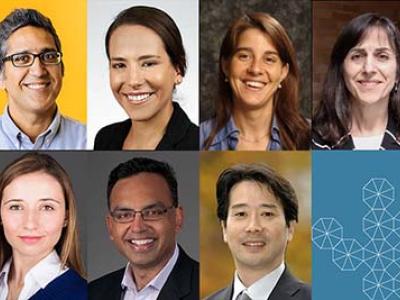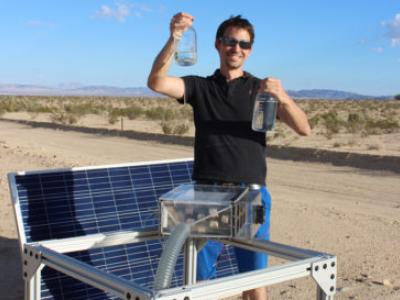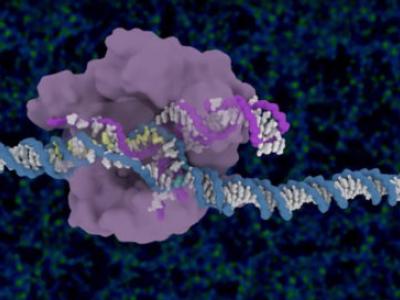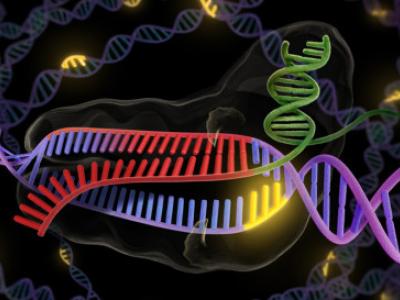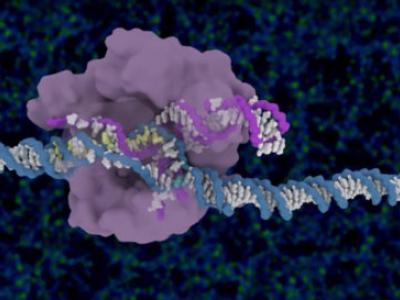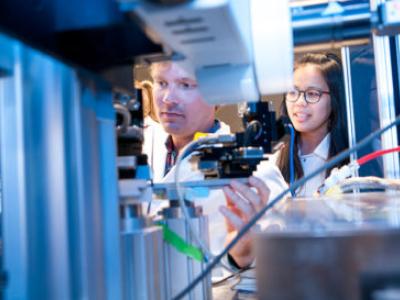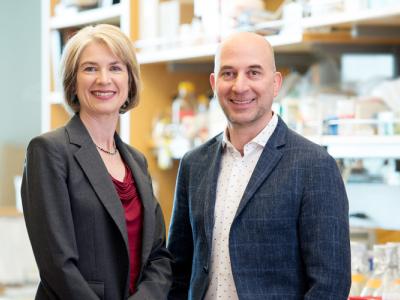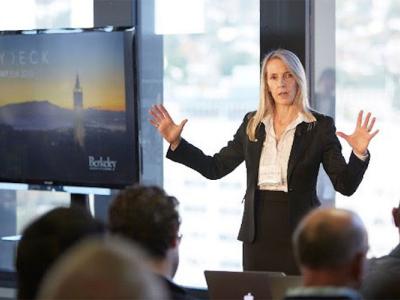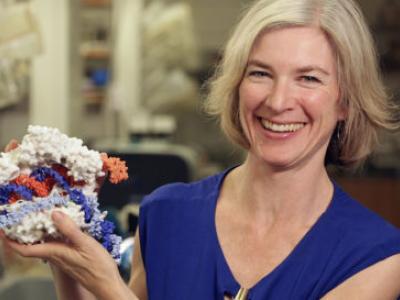Seven new Bakar Fellows already are making an impact
Seven University of California, Berkeley, faculty scientists with novel ideas and an entrepreneurial spirit have been named to the 2019-20 cohort of Bakar Fellows, an honor that gives the fellows the money and time to translate their laboratory breakthroughs into technologies ready for the marketplace.

